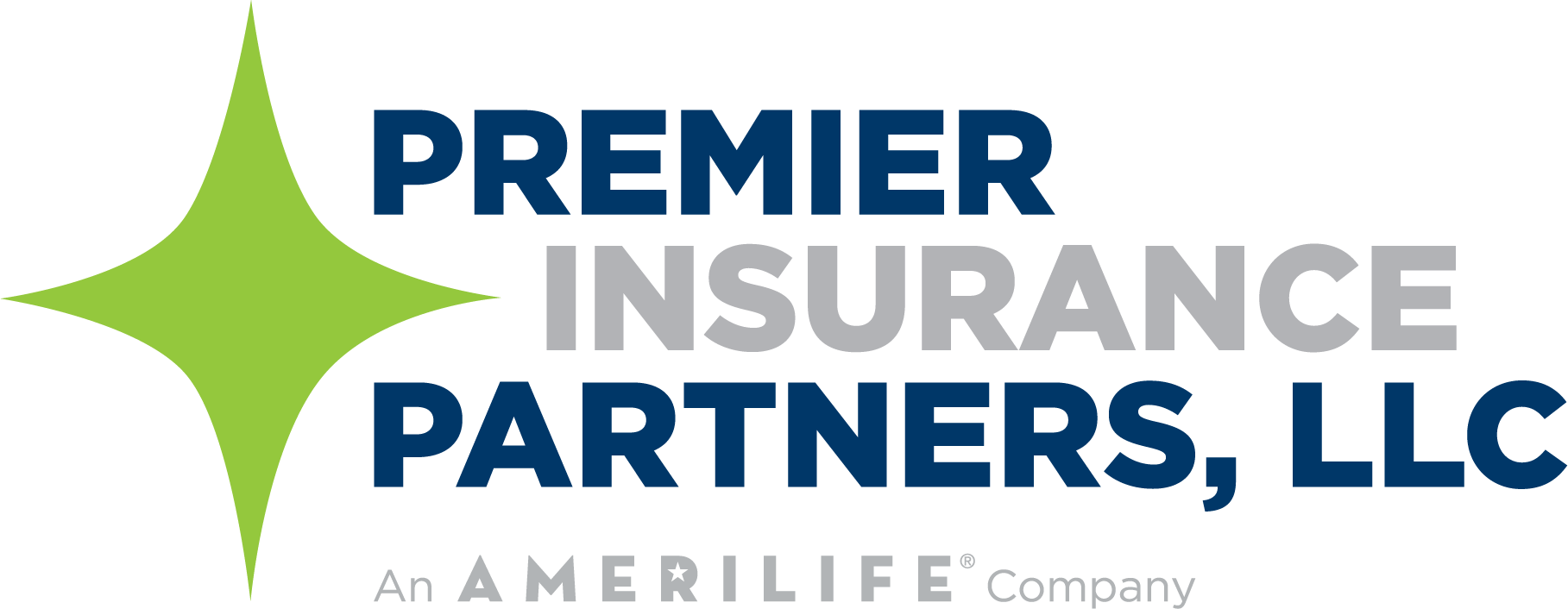Differences between annuities and 401(k)s
When planning for retirement, it’s essential to understand the different savings options available to you. Annuities and 401(k)s are both popular options, but they have distinct features and benefits. By exploring the key differences between annuities and 401(k)s, including their structures, investment options, and pre-tax implications, you can gain a clear understanding of how each option fits into your overall retirement account — helping youm ake informed decisions about securing a safe and comfortable retirement.
What is an annuity?
Annuities are financial products that provide a steady stream of income for a specific period of time, or for the entirety of one’s life. Typically offered by insurance companies, you can purchase annuities through one, lump-sum payment or through making monthly payments. Then, that money is paid back to you based on your annuity contract.
Annuities serve as a reliable retirement savings option, providing a source of guaranteed income streams regardless of market fluctuations. With annuities, individuals also have the flexibility to choose when they begin receiving payments, either right away with an immediate annuity, or a deferred annuity, where payouts begin on an agreed upon date.
Annuities have many attractive features, such as death benefits, guaranteed minimum withdrawal amounts, and tax-deferred growth, that are all designed to protect your money. These features make annuities an appealing option for risk-averse individuals seeking a reliable retirement income stream.
There are several types of annuities, each tailored to specific financial goals and risk tolerance. Fixed annuities offer a predetermined interest rate and guaranteed payments, providing stability and predictability. Variable annuities, however, are linked to market performance and provide the potential for higher returns but also carry greater risk. Indexed annuities offer a balance between the two, offering an interest rate based on a specific market index. This allows for some market participation while providing downside protection.
Understanding the intricacies of annuities, including their various types and features, is crucial for making informed decisions about retirement planning. By carefully considering one’s financial objectives and risk tolerance, individuals can harness the benefits of annuities to create a secure and comfortable retirement.
What is a 401k?
A 401(k) is a retirement savings plan offered by many employers in the United States. It allows employees to contribute a piece of their salary to an investment account. The money in a 401(k) account grows tax-free until it is withdrawn in retirement.
There are two main types of 401(k) plans: traditional and Roth. Traditional 401(k)s offer tax deductions for contributions, but withdrawals are taxed as ordinary income. Roth 401(k)s do not offer tax deductions for contributions, but withdrawals are tax-free.
401(k) plans have several advantages over other retirement plans with insurance companies. For example, they offer employer matching contributions, which can significantly boost retirement savings. They also offer a variety of investment options, allowing employees to tailor their portfolios to their individual retirement plan and account.
401(k) plans are a great way to save for retirement because they offer several tax advantages and investment options, and they can be easily integrated into an employer’s payroll system. If you are considering participating in a 401(k) plan, be sure to talk with a financial advisor about how much you should contribute.
Understanding America’s Health Insurance Plans (AHIP) Certification:
Comparing Pros and Cons of Annuities and 401(k)s
While both can provide financial security in retirement, there are pros and cons to choosing either an annuity contract or 401(k).
One of the main distinctions between annuities and 401(k)s lies in their structure and how they generate income. Annuities are offered by insurance companies and function as contracts that guarantee income for a specific period or for the policyholder’s lifetime. 401(k)s are employer-sponsored retirement plans that allow employees to contribute a piece of their salary to a retirement account.
To gain a better understanding of how the two compare, let’s look at a list of pros and cons for both:
Annuities
-
- Earnings in an annuity grow tax-deferred, meaning that you don’t have to pay taxes on them until you withdraw them. However, withdrawals from annuities are generally taxed as ordinary income.
- Guaranteed income: Annuities provide a guaranteed income stream for life, which can help you guarantee that you have enough money to cover your living expenses at retirement age.
- Most annuities include a death benefit, which can provide your beneficiaries with a lump-sum payment if you die before you start receiving annuity payments.
- Annuities typically have limited investment options compared to 401(k)s, which can make it difficult to tailor your portfolio to your individual risk tolerance and retirement plan.
- Annuities often have surrender charges, which can make it expensive to withdraw your money before the end of the surrender period.
401(k)s
-
- Traditional 401(k)s offer tax advantages for contributions, but withdrawals are subject to income tax. Roth 401(k)s, however, do not provide an upfront tax break, but withdrawals are tax-free, potentially offering significant tax benefits in retirement.
- 401(k)s have better flexibility.
- Participants to diversify their portfolios and potentially maximize returns. However, 401(k)s may also come with higher fees, such as administrative and investment management fees, which can impact overall returns.
- Many employers offer matching contributions to their employees’ 401(k)s, which can significantly boost retirement savings. However, 401(k)s are tied to your employer, which can make it difficult to move your money into an IRA if you change jobs.
- 401(k)s offer a wide range of investment options, including stocks, bonds, and mutual funds, which allows you to tailor your portfolio to your individual risk tolerance and retirement goals.
- 401(k)s have annual contribution limits, which can limit how much you can save for retirement.
401(k)s impose IRS early withdrawal penalties if you withdraw your money before age 59½, which can make it expensive to make money distributions if you need it before retirement.
Ultimately, this decision depends on your individual circumstances and your retirement plan. If you prioritize guaranteed income and are comfortable with limited investment options, an annuity may be a suitable choice. However, if you seek greater flexibility, control over investments, and the potential for a higher payout, a 401(k) may be a better fit.
What is best for you?
The decision between an annuity and a 401(k) depends on several factors, including your income and savings, your age, your investment goals, your retirement savings, and your tax situation.
If you are looking for a guaranteed income for life, an annuity contract may be a good option for you. Annuities can provide lifetime income regardless of market conditions, which can be beneficial if you are retired or nearing retirement age.
If you are looking for more flexibility and control over your investments, a 401(k) may be a better choice. It allows you to tailor your investments to your individual goals and unique needs. However, 401(k)s do not provide a guaranteed income, and your investment returns may vary depending on market conditions.
Ultimately, the decision between an annuity and a 401(k) depends on your individual circumstances what matters to you. But understanding each option and its benefits allows you to understand your unique situation and make an informed decision about which retirement savings option best aligns with your long-term financial goals.
Here at Premier Insurance Partners, we make selling insurance easy no matter where you are in your insurance career. We prioritize providing in-depth training to our sales agents to help their clients and grow your business. Find the best rate for your clients with our Medicare software for our top producers. Our annuity tool always offers the most recent changes. If you have any questions, please contact Premier Insurance Partner at 855-827-1661 or info@pip1.com.
Read More: Should I Buy an Annuity?
People Also Read: How Much Do Annuities Pay?

